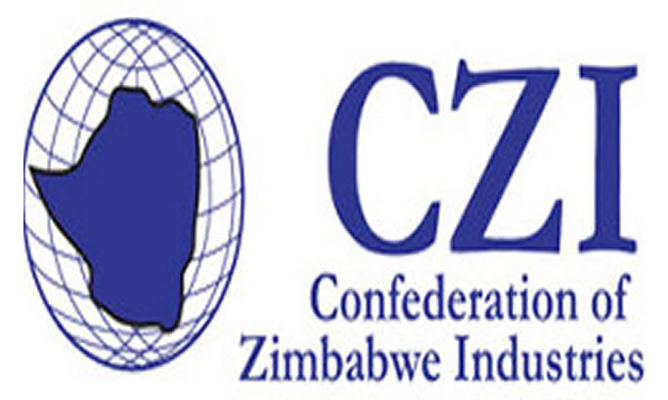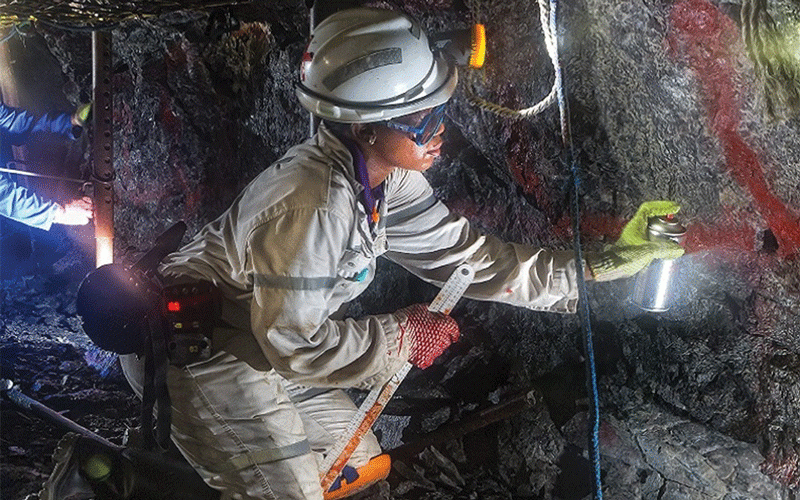
The Confederation of Zimbabwe Industries (CZI) has warned that water shortages will lead to low production and hence a decline in revenue contributions by companies.
BY TATIRA ZWINOIRA
This came as the CZI found that municipalities were failing to prioritise water to businesses in a report on economic challenges released last week.
In a report, CZI’s Perspectives on the Current Economic Challenges, CZI president Busisa Moyo said although power supply to the productive sectors of the economy was now stable but still more expensive than neighbouring countries, water shortages were affecting companies.
“Water shortages are becoming an immense challenge and this will affect Q4 2016 company performance, which will indirectly affect tax revenues. Municipalities should prioritise water availability for businesses to protect output and economic activity,” he said.
In the Zimbabwe Revenue Authority (Zimra) third quarter report, the taxman’s board chairperson Willia Bonyongwe said gross collections were 6% up to
$919,91 million from $866,96m realised in the second quarter of the year.
She said this was on the back drop of gains made from import regulations stipulated in Statutory Instrument 64 of 2016 in July.
- Chamisa under fire over US$120K donation
- Mavhunga puts DeMbare into Chibuku quarterfinals
- Pension funds bet on Cabora Bassa oilfields
- Councils defy govt fire tender directive
Keep Reading
At the beginning of the year, capacity utilisation was said to be at 34,3%, but with the arrival of SI 64, industry has since been on a slow rebound.
CZI said it has seen gains of between 30% and 50% in capacity since the promulgation of SI 64, which restricted imports.
According to CZI, capacity utilisation has been on a continual decline since 2011.
Water shortages were being caused by a lack of sufficient supply of water to the market, while drought, since the beginning of the year, has left many areas dry.
A survey undertaken by the Zimbabwe National Water Authority (Zinwa) in the first half of the year identified immediate interventions required to ensure citizens in affected areas continue to access water until the next rain season, with costs estimated at $13 million.
Water shortages have been part of the major impediments to production, as they had led to delays in production, leading to capacity utilisation remaining low.
Zinwa has also been facing challenges in sourcing out financing for water projects meant to be injected in infrastructure that can harness the precious resource.
Currently, Zinwa was in negotiations to secure $500m from Chinese and local investors needed for its water infrastructure projects. The water authority said in August it required $1 billion to finance water projects and infrastructure.
Government and development partners continue to prioritise water harvesting and distribution programmes in both urban and rural areas.
A total of $19,2m was disbursed in the first half of the year to help with the harvesting and distribution of water in those areas.











